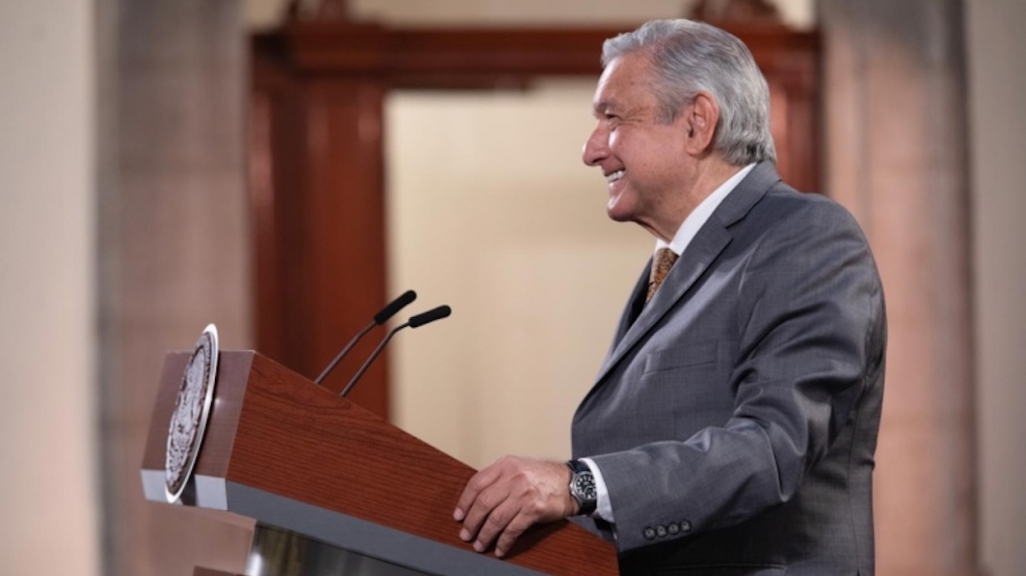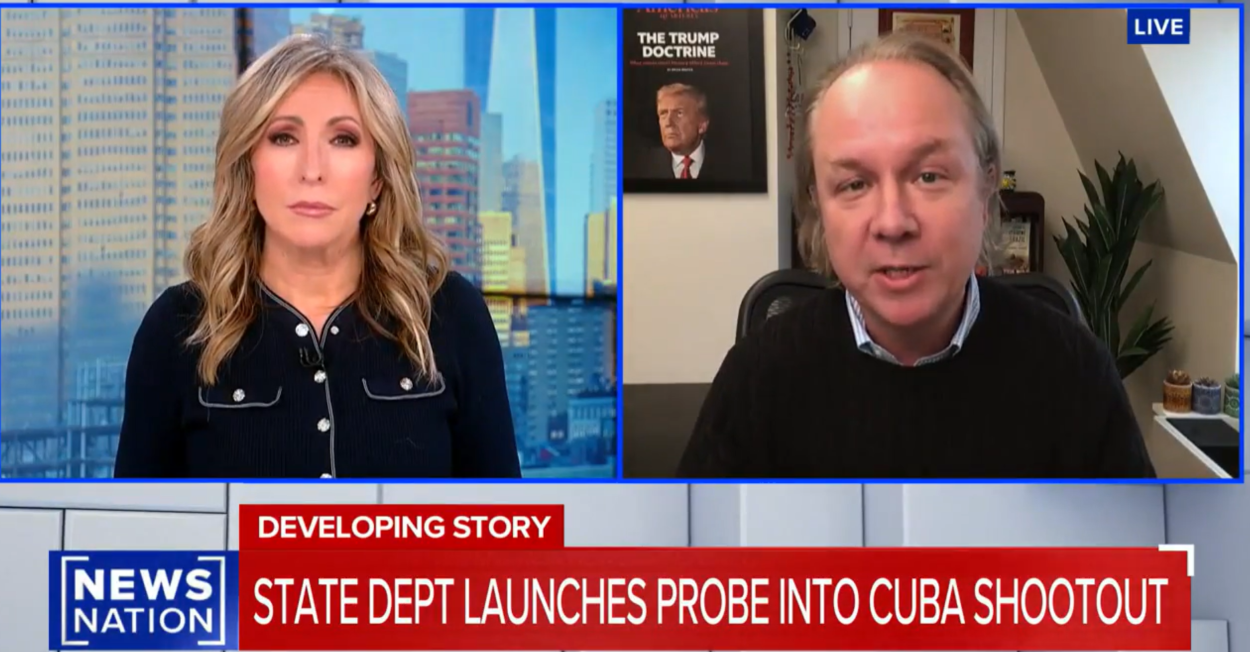Q&A with Eric Farnsworth: Should President Biden Expect to Have a Difficult Relationship with Mexico?
Q&A with Eric Farnsworth: Should President Biden Expect to Have a Difficult Relationship with Mexico?
"The question is whether both nations will look for an opportunity to work toward a truly ambitious agenda," said AS/COA's Eric Farnsworth to Forbes.com.
Mexico’s President Andres Manuel Lopez Obrador stands with Brazil’s Jair Bolsonaro as two of the last world leaders to recognize Joe Biden’s victory over Donald Trump. When Biden takes office in 2021 he will face an uncertain and potentially fraught relationship with Mexico’s controversial leader...
To discuss the outlook for US-Mexico relations in 2021 and beyond, I reached out to Eric Farnsworth, the vice-president of the Council of the Americas, a Washington, D.C.-based think tank.
Nathaniel Parish Flannery: Are there any policy areas where Lopez Obrador and Biden will find easy opportunities for cross-border cooperation?
Eric Farnsworth: Well, I don’t think President-elect Biden and President Lopez Obrador will agree on everything, to be sure, but there definitely are issues ripe for early attention. The most obvious near-term win is cooperation to defeat coronavirus, which neither country has yet adequately addressed. As vaccines become widely available, it will be critical for the North American economy that the United States and also our immediate neighbors quickly achieve high vaccination rates to kick-start economic re-opening, strengthen supply chains, and re-invigorate communities that depend on cross-border travel for economic development and growth. U.S. support for cost-effective vaccine availability throughout Mexico will also build confidence in and improve regional pandemic response, which proved effective during the SARS, H1N1, and Ebola crises but has been sorely tested by COVID-19, and will surely be tested again. Second, full and unwavering commitment to USMCA implementation both from Washington and Mexico City will build investor confidence and contribute to supply chain resiliency, a vital U.S. economic interest that was exposed by the pandemic as overly-reliant on China. Companies are now looking to diversify but there are many alternatives, both in Asia and Latin America and the Caribbean. Competition for investment is fierce, yet USMCA provides significant advantages for Mexico that can be amplified for mutual economic benefit. As well, given the shared 1,800-mile-long border and the potential for renewed migration pressures, it is in Washington’s interests, both in terms of security and economic growth, that Mexico’s economy flourish. USMCA is an important vehicle that can contribute to these mutually-beneficial results…









